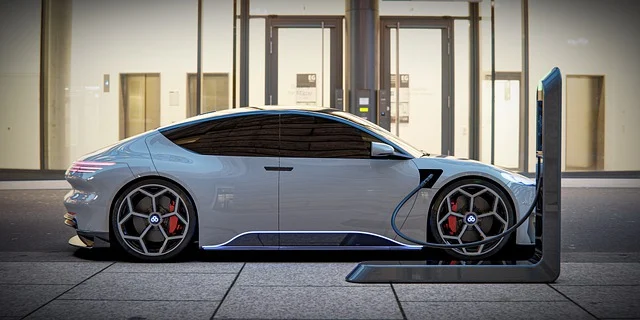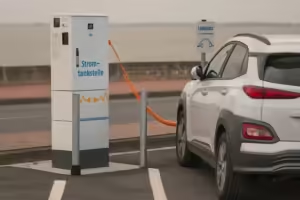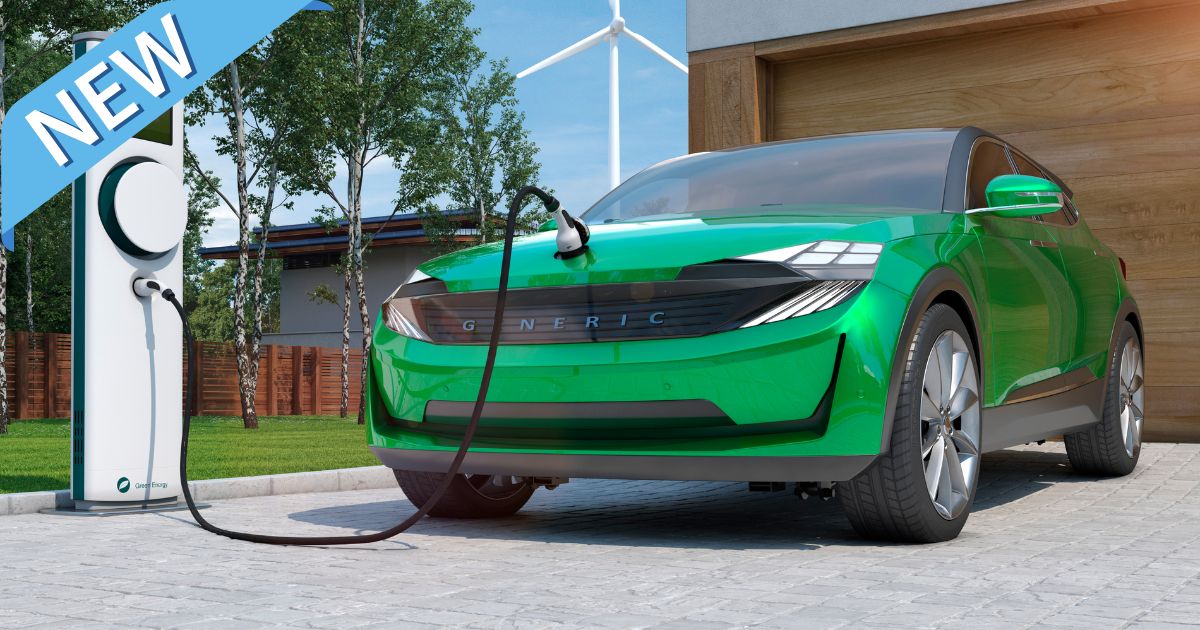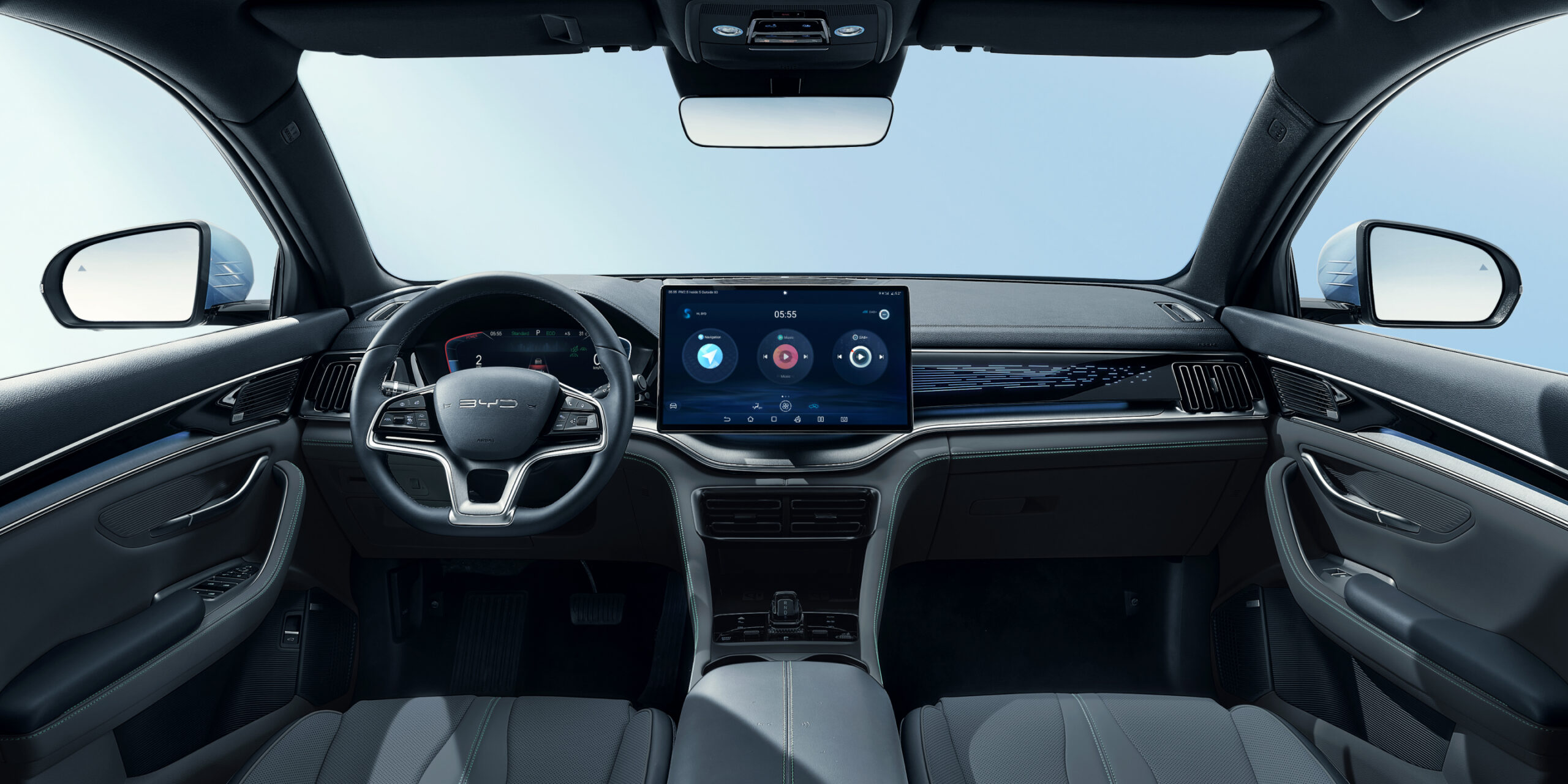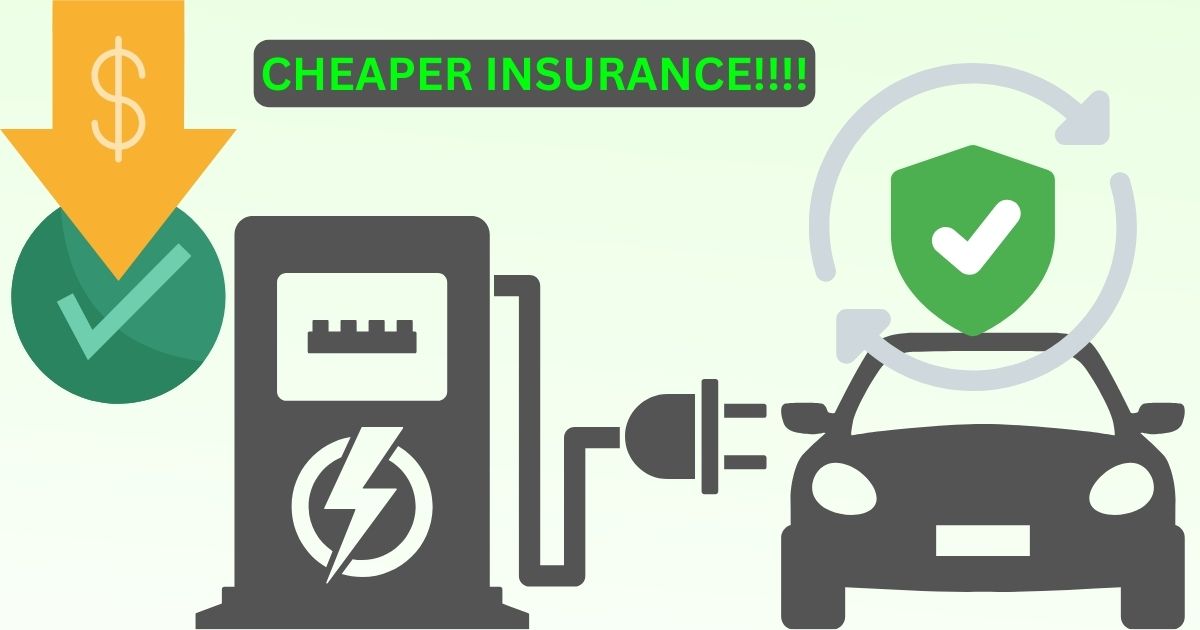Comprehensive Guide to Electric Charger Installation Cost 2024
Introduction
As many cars with improved batteries are being launched in the market with various brands and models, more families are pondering over the possible essence of installing a home EV charging station. It will thus make a huge difference in the convenience and efficiency of using an EV to be in able to have a charger at home. Accordingly, it is the intent of this guide to give a detailed description of the cost implication of the installation of the electric charger.
What is an Electric Vehicle Charger?
An electric vehicle charger refer to any device used to supply electricity with the objective of charging EVs. There are different types of EV chargers, each with varying speeds and costs: These are categorized as slow, medium and fast chargers which differ in speed and cost as illustrated below.
- Level 1 Chargers: This uses a normal 120-volt outlet and is the slowest among all of these, which have an average charge rate of 2-5 miles per hour.
- Level 2 Chargers: These include power cord, which requires 240 volt outlet and can add 10-60miles of range every hour, and are normally the best for homes.
- DC Fast Chargers: These are the most efficient charging them can give up to 80% charge within half an hour of charging time, but are costly and commonly used in the commercial sense.
There are numerous advantages associated with home-based EV chargers: it is comfortable to charge your car; it costs less; and you can load your car at night if needed.
Factors Affecting Electric Charger Installation Cost
Several factors can influence the cost of installing an electric vehicle charger at home:
Type of Charger
- Level 1 Chargers: Tend to be fairly priced ranging from $300 to $600 for complicated models.
- Level 2 Chargers: Usual cost falls from $500 and up to $2,000 respectively.
- DC Fast Chargers: These varies between a subtract and add of between $10000 and $40000; hence they rarely feature in homes.
Location
- Urban Areas: It also has its fixed costs in the early stages of investment because it involves installation costs which may encompass the cost of construction and the cost of constructional permission.
- Rural Areas: Though the cost of materials required could be cheaper than trad reluctantly other factors could include, for instance, qualified electricians could be few.
Electrical Upgrades
- Panel Upgrades: Lastly, let it be known that if your home electrical panel is worn out, getting it replaced which according to the expert may take a day to three days can cost $1000 – $3000.
- Additional Wiring: If there is a requirement to put new cables right from electrical panel to the charging area then it will be in the range of $200 up to $1000.
Permits and Inspections
- Local Regulations: The fees vary from one place to another and they are normally in the range of $100 and $500 major of the times.
- Inspection Fees: There are some specific zones which need inspection and it will cost any time from $50 to $200.
Labor Costs
- Electrician Rates: In terms of cost, labor differs greatly depending on the job with an estimate of $50 to $ 100 per hour. Installation normally should not exceed a total of 4 hours; however, may range between a minimum of 2 hours depending on a number of factors.
Additional Features
- Smart Chargers: Chargers with Wi-Fi or any other added features or functions lie in a price range of $200 to $500 on an average.
- Mounting Equipment: The mounting of additional fixtures including wall mounted as well as other implements that may be required can range from $50 to $200.
Detailed Cost Breakdown
Charger Unit Costs
- Level 1 Chargers: $300 – $600
- Level 2 Chargers: $500 – $2,000
- DC Fast Chargers: $10,000 – $40,000
Installation Costs
- Labor: $100 – $400 (2-4 hours at $50 – $100 per hour)
- Electrical Upgrades: Panel upgrades – cost $1 000 – $3 000 Additional wiring – cost $200 – $1 000
Permits and Inspections: $150 -$700 - Permits and Inspections: $150 – $700
Additional Features
- Smart Chargers: $200 – $500
- Mounting Equipment: $50 – $200
DIY vs. Professional Installation
DIY Installation
- Pros: Potential cost savings, sense of accomplishment
- Cons: Risk of improper installation, safety hazards, voided warranties
Professional Installation
- Benefits: Ensures proper installation, compliance with local codes, safety
- Safety Considerations: Hiring a certified electrician minimizes risks and ensures the charger operates efficiently
Government Incentives and Rebates
Federal Incentives
- Federal Tax Credit: The voucher may cover up to 2,000 dollars for the acquisition and installation of EV charging station for the multifamily building of up to 6,000 dollars and up to 30 percent for other building types.
State and Local Incentives
- State Programs: Some of the other incentives that can be given are Rebates and incentives as most of the states have incentives for the use of natural gas.
- Local Programs: As always consult your local government for further encouragements.
Utility Company Rebates
- Utility Rebates: Some of the utilities offer bonuses in an attempt to cushion the cost of installing the solar panel.
Choosing the Right Charger for Your Needs
Assessing Your Driving Habits
- Daily Mileage: Based on this engine, work out your average utilization mileage ‘distance per day’ through which you can decide on which charger is most appropriate.
- Charging Time: Think about how frequently and how long you can afford leaving your automobile connected to the power source.
Home Electrical Capacity
- Electrical Panel: Again, check that the electrical panel of the home is capable of handling the increased load.
- Future-Proofing: Think about the future and further purchases of EVs and what type of setup it is possible to provide at the moment.
Installation Process
Pre-Installation Assessment
- Initial Consultation: An electrician will look at your home and recommend on the most appropriate place to install the charger.
Installation Steps
- Site Preparation: Clearing the installation area and ensuring it is accessible.
- Electrical Work: Coordination with electrical engineer to run wire from electrical panel of house to the place where charger is installed.
- Mounting the Charger: Fixing the charger on the wall or the pedestal that is best suited for the charger is the next step.
- Connecting the Charger: Wiring the charger to the electrical system.
- Testing: Ensuring the charger operates correctly and safely.
Post-Installation Checklist
- Operational Check: Verify the charger is functioning properly.
- Safety Check: Ensure all safety features are working.
- User Training: Understanding how the charger works will help the consumer to competently use it as it will also be explained how to maintain it.
Maintenance and Troubleshooting
Regular Maintenance
- Inspection: Warranty: Ensure the charger and cables are checked regularly for any signs of sign of wear to prevent shorting out of the battery.
- Cleaning: Some of your maintenance tips include the appropriate storage of the charger and connectors to prevent them from being clogged by debris.
Common Issues
- Connectivity Problems: Loos with WiFi or smart features.
- Charging Speed: These are signs that could show that their electrical system, or the charger that charges their car, is bad in charging their car faster.
When to Call a Professional
- Persistent Issues: In case of recurring issues, get professional help.
- Safety Concerns: Anything concerning overheating or electrical problem should be handled by a qualified electrician.
Case Studies and Real-Life Examples
Example 1: Urban Installation of a Level 2 Charger
- Location: New York City
- Charger Cost: $800
- Installation Cost: $1,200 (including permits and electrical upgrades)
- Total Cost: $2,000
Example 2: Rural Installation of a DC Fast Charger
- Location: Rural Texas
- Charger Cost: $15,000
- Installation Cost: $5,000 (including permits and electrical upgrades)
- Total Cost: $20,000
Example 3: Homeowner Experience
- Feedback: Improvement of ease of use and satisfaction of the electric vehicles is evidenced by homeowners of the Stoke-on-Trent who install a home charging point.
Conclusion
The following are some advantages of installing an electric vehicle charger at home; They are easy to use, cheap to use and one can charge his or her car at night. Consequently, anyone who has the intention of buying an EV should consider these installments costs to be aware of the benefits that comes along with EV ownership.
FAQs
How much does it cost to install an electric car charger at home?
The cost varies from 300 to 2000 US dollars for Level 1 while Level 2 charging stations are costly and might involve some charges like installation cost, wiring and other electrical changes.
Can I install an electric car charger myself?
But the cost may be lower if you do it yourself It is, however, recommended that one hires an electrician to do the wiring and does it to the code.
What are the benefits of a Level 2 charger over a Level 1 charger?
Level two drivers get through puts of charging where one gets 10-60miles for level two charging against 2-5miles for per hour for level one charging.
Are there any government incentives for installing an electric car charger?
However, there are federal, state and local programs and the present available current utility company rebates besides which can help in cutting the solar installation costs.
How do I choose the right charger for my electric vehicle?
Select your charging option, who for electric cars, thinking about your driving habits at home your supply electricity power and any future purchase of the car.
